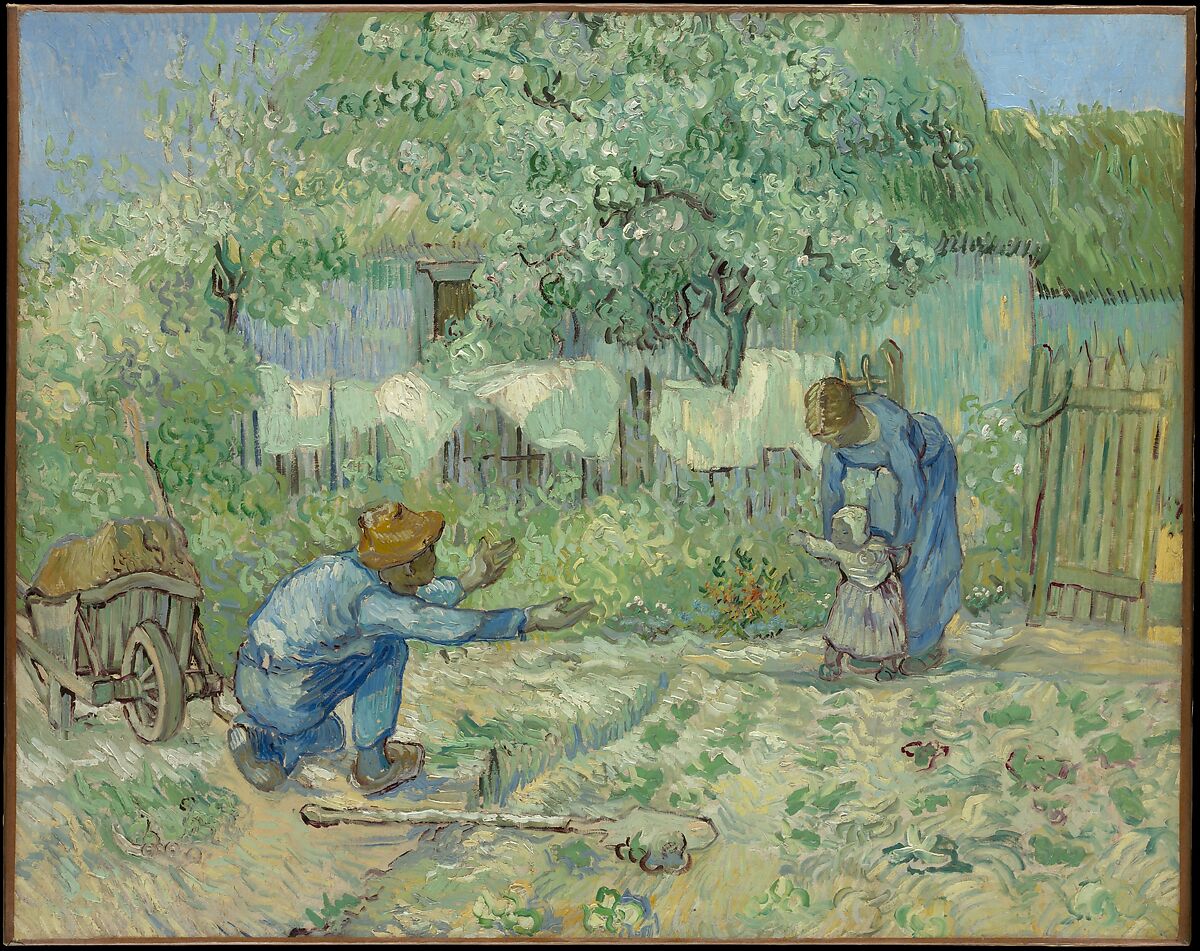I was honored to participate recently in the Pontifical Academy of Social Sciences Workshop entitled “Aquinas’ Social Ontology and Natural Law in Perspective: Insights for and from the Social Sciences.” It was a tremendous privilege as the first day of the conference took place at Fossanova Abbey, where St. Thomas Aquinas died 750 years ago, on his dies natalis. The second day of the conference was held at the Casina Pio IV, a patrician villa in Vatican City and home to the Pontifical Academies of Sciences and Social Sciences.
I was asked to give a presentation on the challenges in contemporary family law in light of Aquinas’ social ontology and the natural law. Here is an excerpt from my paper, “Enfolded in Care: Challenges to Parental Rights in Contemporary Family Law” (citations are omitted for ease in reading):
For a child to be “enfolded in care,” then, is to be nestled within the conjugal union and subject to the authority of the domestic order (and ultimately within the political and ecclesial orders as well) which itself is subject to the teleological order of the natural law and justice. To be “enfolded in care” is to be part of a real, integral, and indissoluble whole that is far richer and more profound than a simple grouping of individuals who interact through the happenstance of genetic relations or through chosen and dissolvable acts and whose goods are expressed only as individual rights often in conflict with one another.
In contemporary discourse, as we are more and more disconnected from this deeper reality, we are left only to speak of parental “rights” such as when the Church affirms the “essential and inalienable right” of parents to direct their child’s education. Of course, this is true and important to both expect parents to fulfill their obligation and to defend their freedom to do so in law. And yet, much has been written about the impoverished language of rights, and you get a glimpse of it here by comparing these two ways of speaking about the parent/child relationship: “parental rights” which risks reducing everything to a binary power struggle between State and individual (or worse between parent and child), or to be “enfolded in care.”
What is the relation of human law to the “givenness” of this domestic order? …. First, because the family is not a perfect society (i.e., it is not self-sufficient, having everything in it sufficient for human life), it needs the assistance of the polity to flourish. …. Second, the assistance rendered by human law to the family must be based on what is fitting for its object, namely the common good, which contains and perfects the goods of the human person and the family. Thus laws pertaining to domestic relations must “respect and protect the social form and ends of marriage and family.” …. A third point: there are limits to the competence of human law. Aquinas admits that laws may change according to changed circumstances or customs, but human law cannot violate natural law. Thus, as Pope Leo XIII states in Rerum Novarum, human law cannot “abolish the natural and original right of marriage, nor in any way limit the chief and principal purpose of marriage.” It is thus beyond the competence of the political order to contravene the natural order of the family, or to perform functions that are proper to the family, as the larger order respects the proper functioning of the subsidiary order as an integral participant in the common good.
While a robust Thomistic realism cannot ignore naively the “world as it really is,” neither can it refrain from pointing out its errors. ….
Those of us called to labor in the vineyard of the law must continually try to recover, as Pope John Paul II exhorted us to do, “the basic elements of a vision of the relationship between civil law and moral law, which are put forward by the Church, but which are also part of the patrimony of the great juridical traditions of humanity.” At a minimum, we must resist the further deterioration of the law where we can.
Here, the social sciences are necessary to preserve law’s grasp on reality, and to identify fresh ways of describing reality that correspond to human experience. Indeed, this is the goal of the social sciences: to identify, describe, and analyze the social nature of the human person. ….
But, without a teleology or relational framework, social science data itself can be manipulated for partisan purposes and can fail to direct us to the authentic common good. We must resist instrumentalizing social science or even the features of natural law, shorn of their ontological richness. Rather the disciplines together must seek ways to communicate the truths of the human person and of marriage and of the family in a way that is winsome and appealing, and yet is still in connection with our most enduring traditions and with the truest realities.
My contribution will appear as a chapter, along with the other symposium papers, in a forthcoming book.



